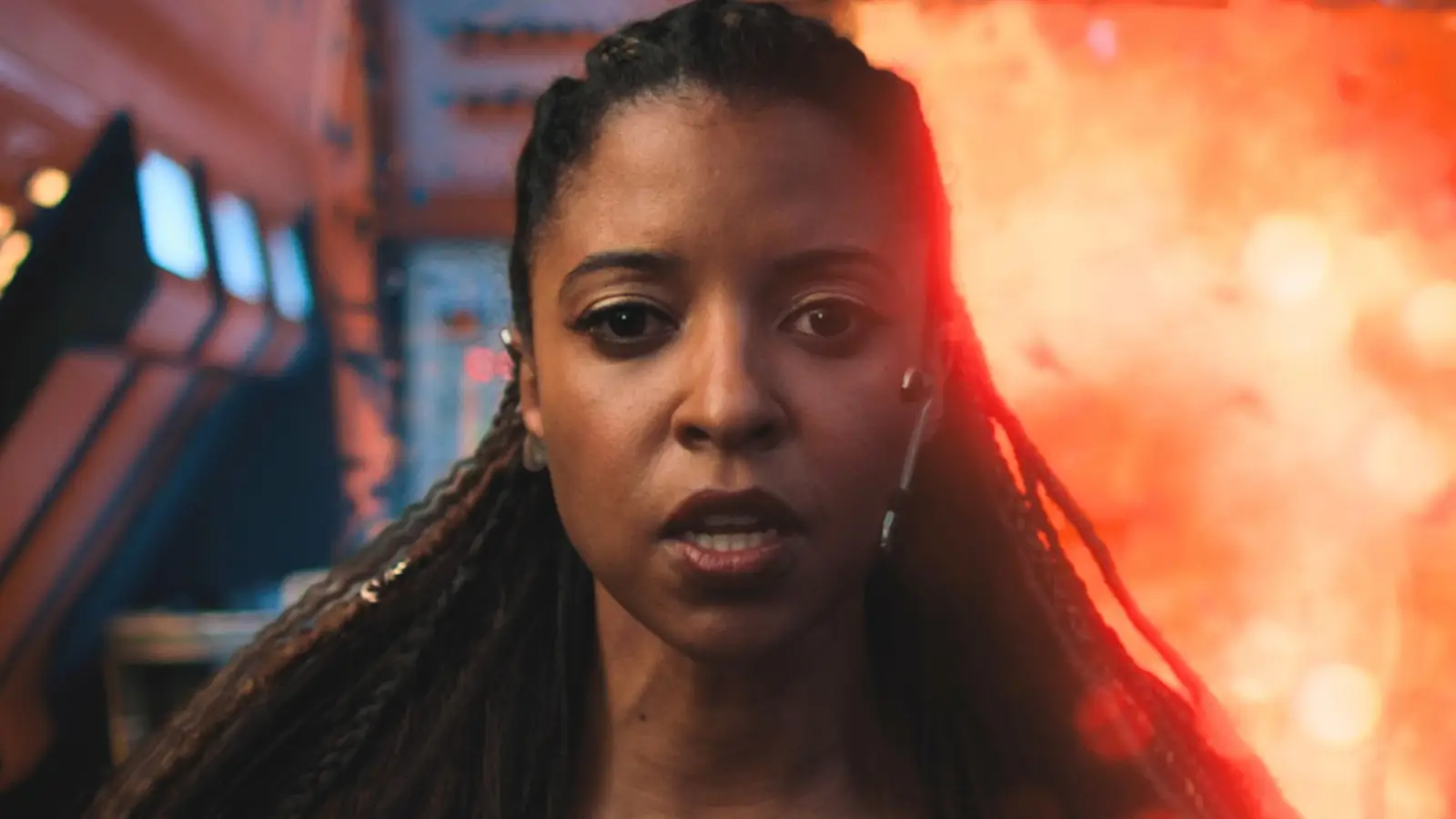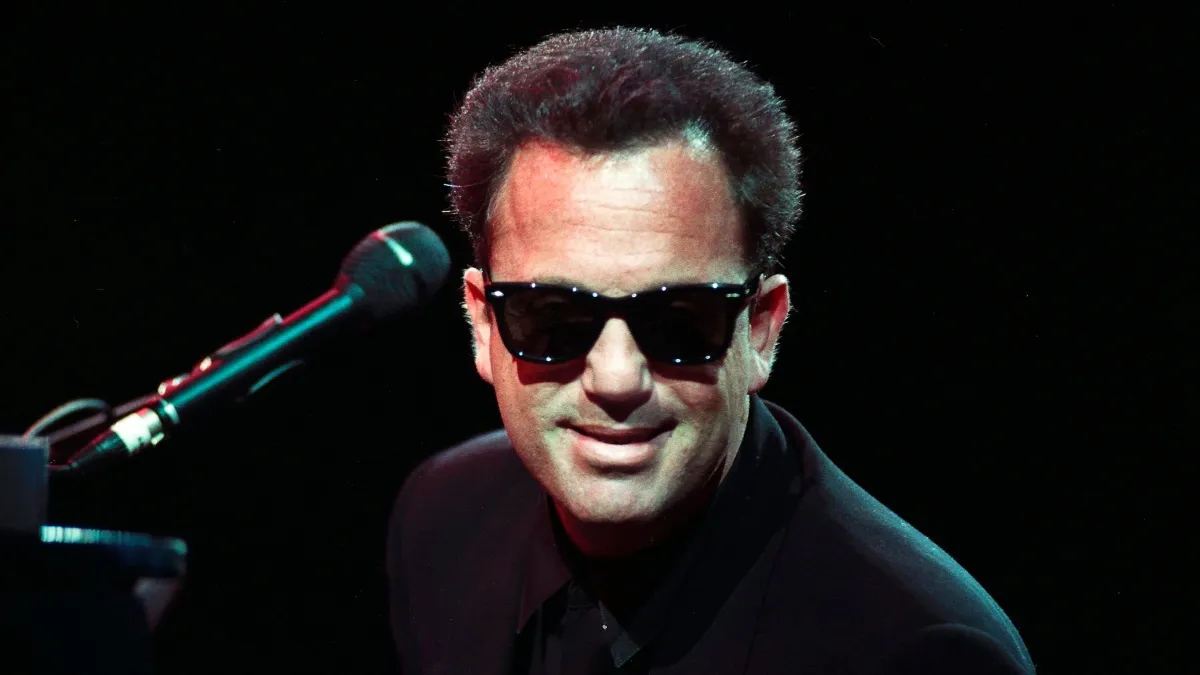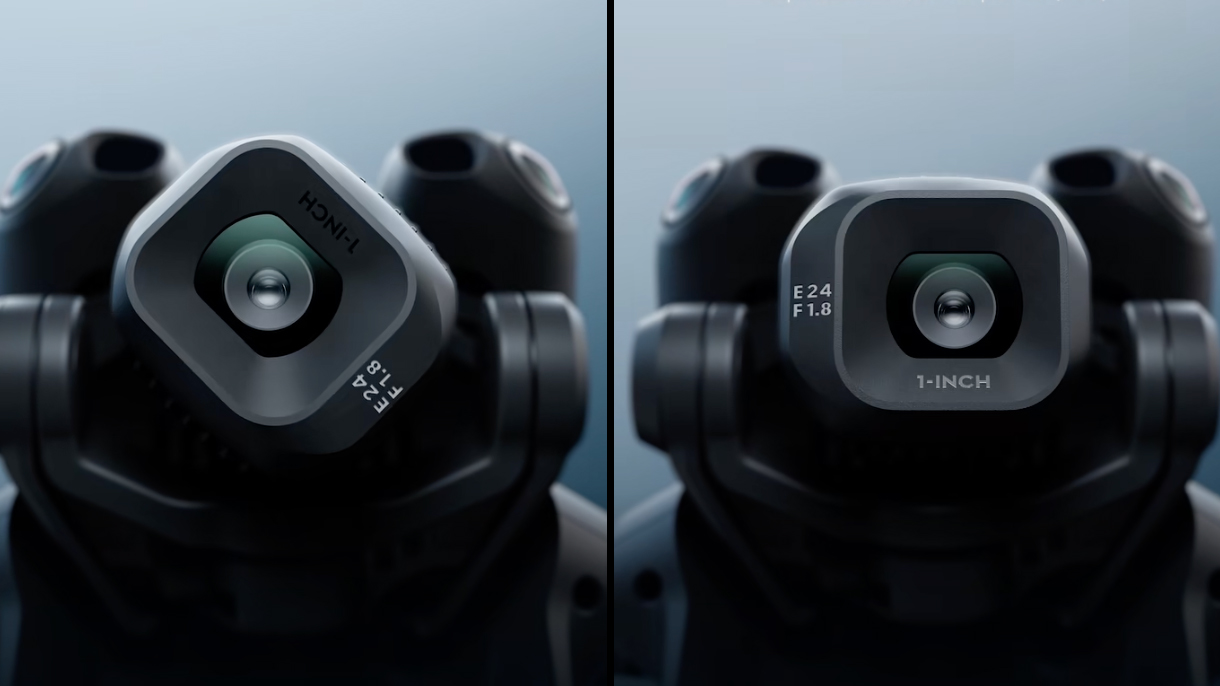
Altered Carbon is a mind-bending dystopian sci-fi series involving body swapping, immortality, and the depraved super-rich. It touches on virtually every issue affecting people today, including AI, and while you have to concentrate on watching Altered Carbon, it is not a show that you need to be a genius to understand.
The Netflix series is set in the far future, where human consciousness has been uploaded to a disc that can be implanted into any physical body. Takeshi Kovacs is placed in a new body at the request of a billionaire, who needs him to solve his murder. What follows is a twisty sci-fi thriller, which was then ruined by season 2.
Altered Carbon Season 1 Is A Modern Sci-Fi Masterpiece
Sci-fi is a versatile genre, from the bleak near-future Black Mirror to the outlandish Doctor Who. Altered Carbon is in the middle, set in a world that has many of the same problems as ours, and adds some new ones. The best sci-fi shows of all time are often character-driven to avoid them becoming “style over substance,” and Altered Carbon takes this approach in season 1.
While Takeshi is a fantastic action hero and both Joel Kinnaman and Will Yun Lee play him well, Altered Carbon’s supporting characters are better than its lead. The relentless detective Kristin Ortega has an interesting backstory that connects her to the case, while the fan-favorite Poe is not just unique but the heart and soul of the show, despite lacking both as an AI creation.
Many great sci-fi TV shows highlight the spectacle of space travel and body-swapping without looking much deeper. However, Altered Carbon questions the ethics of its scientific advancements, putting it on a par with sci-fi classics like Blade Runner. The first season introduces a murder mystery but branches out into interconnected subplots with some major twists and a satisfying ending.
The Show Is a Perfect Example Of Why Diverse Perspectives Are Essential To Sci-Fi
While one criticism of Altered Carbon is that Kristin is a stereotypical Latina character, this is not necessarily accurate in the context of the show. Kristin is headstrong and fierce, but she also has a backstory that is thoroughly explored. She is not reduced to comic relief or a shallow love interest, and her Mexican culture informs one of Altered Carbon’s best scenes.
The episode in which Kristin’s family celebrates Día de los Muertos is one of the best in Altered Carbon. The family prepares traditional food while discussing their differing opinions on bringing people back from the dead. This is explored when Kristin brings her abuela’s consciousness back in the body of a tattooed white supremacist. This side plot is both hilarious and powerful.
Altered Carbon allows the diverse cultural experiences of its main characters to inform the story. This is relatively rare for sci-fi, which often has characters who grow up on the same spaceship or are different alien species. Featuring existing cultures and perspectives is essential for the future of sci-fi, and Altered Carbon shows how effective this can be.
Altered Carbon Tells A Surprisingly Empowering Story
Altered Carbon can be extremely dark, featuring characters with enough money to both buy and hide their depravity in “Head In The Clouds,” a secret island-like club in space. That said, Lizzie’s story embraces the escapism aspect of sci-fi, presenting her as a traumatized young girl who gets the gory revenge that many other characters only dream of.
Lizzie’s story may not be realistic, but it is cathartic and part of a greater story within season 1. Altered Carbon is a sci-fi show that surpassed its book origins by showing love winning in the end. With Kristin and Ryker reuniting, Lizzie returning to her parents, and Takeshi preparing to look for Falconer’s backup, Altered Carbon’s message is one of love being worth pursuing.
Many sci-fi themes are open to the viewer’s interpretation, but Altered Carbon highlights the empowering idea that the body you were born in does not define you. This is a concept that is very relevant today, and illustrated by Lizzie’s parents, whose love for each other does not change when Ava is cross-sleeved into a male body.
The Unnecessary Second Season Destroyed Altered Carbon’s Legacy (But The First Season Is Essential Viewing)
While many sci-fi shows with an incredible first season fail to live up to this success in later seasons, Altered Carbon truly failed with its second season. The show would have worked as a standalone limited series, but instead, the second season threw Takeshi into the future, on another planet, with Poe, undermining his tragic death in season 1.
With Ryker returned to his body, Anthony Mackie takes on the role of Takeshi, and while Mackie is a great replacement, he was let down by the plot and writing of the second season. Altered Carbon Season 2 left behind the “noir” tone of the first season and most of the fantastic supporting characters, without replacing them with equally charismatic people.
Strangely, this is where the audience and critics disagree. Season 1 had a very high audience score on Rotten Tomatoes, while critics preferred season 2. The second season had even more action and spectacle, but without the heart of the first. To use Altered Carbon’s terminology, the second season felt like a sleeve without the stack, and the show was canceled afterward.



